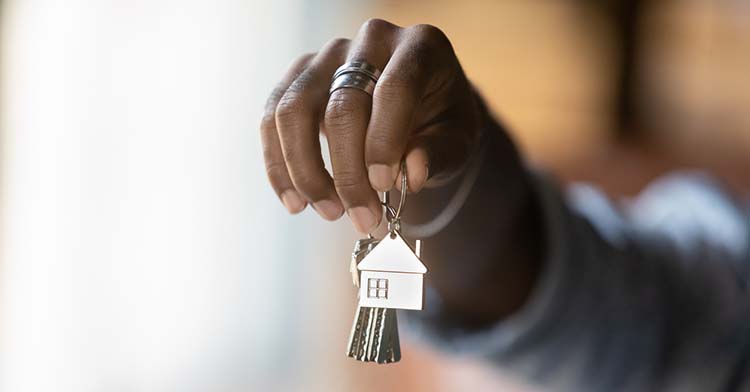Why Do Short-Term Bonds Have More Investment Risk?

A 60/40 investment portfolio is a traditional allocation of equities and bonds. Meaning that 60% of the portfolio is invested in equities and 40% in bonds. This split is meant to counter peaks and troughs in equities. Periodic rebalancing is also needed to maintain the allocation.
Do Triple Net (NNN) Properties Appreciate?

There can be two benefits to investing in real estate properties. The first is potential cash flow generated by rents. The second is the possible increase in value, known as real estate appreciation. Property appreciation means you could generate a profit—or capital gain—when you sell the asset.
What Is the Biggest Expense for Most Retirees?

Determining the amount of assets and income needed to fund a comfortable retirement is a significant concern for many people, and it’s shrouded in mystery for some. How much money will I need? How long will I live? What’s the best way to safeguard my resources?
Can You Still Do a 1031 Exchange After a Sale?

Successful execution of a 1031 exchange requires planning. The purpose of the exchange is to defer the obligation to pay capital gains taxes on the sale of a real estate investment. The deferral process requires that the proceeds from the sale of the asset be exchanged into a like-kind property of equal or higher value.
What is a 60/40 Asset Allocation?

Asset allocation can mean various things, depending on the context. Typically, a long-term allocation might be set at sixty percent stocks and forty percent bonds when discussing an investment portfolio. This ratio was thought to balance risk while still seeking growth. The stock holdings would be likely to grow over time, while the bonds could provide a cushion if the anticipated growth did not occur. Barron's reports that this mix has returned an average of nine percent over the long term.
What Is the Difference between Financial Planning and Retirement Planning?

Financial planning is the process of creating a roadmap to guide you to your financial goals. You can draft the plan on your own or with the assistance of a financial planner. Either way, you will initiate the process by evaluating your current financial situation, including weighing your assets and liabilities. Then, with the status quo clearly pictured, you can set a course for your future destination.
What Is a Clawback in a 1031 Exchange?

The 26 U.S. Internal Revenue Code § 1031 is a handy tool if you own real estate used for trade or investment purposes and want to sell it without immediately triggering taxes on the capital gain on that sale. However, as we’ve mentioned in a previous blog, the like-kind exchange functions on a federal level. You can do a state-to-state 1031 exchange, which involves swapping your relinquished property in one state for a replacement property in another.
Do Tenants-In-Common Have Rights of Survivorship?

Holding property in a shared arrangement with others may take several forms. Each has particular advantages and potential risks. Two of the more common structures are joint tenancy and tenants-in-common (TIC). Let’s look at the similarities and differences between the two and examine when each is appropriate.
Why Are Qualified Intermediaries Referred to as Accommodators?

A Qualified Intermediary plays an essential role in successfully executing any 1031 exchange. This professional has several critical responsibilities to ensure that the exchange complies with IRS regulations. Perhaps most importantly, the QI takes possession of the proceeds from the sale of the identified property when it is sold and maintains those funds separately from the investor until they are used to complete the exchange into replacement property (or properties).
What Does Recession Rich Mean?

Recessions are part of a normal business cycle, but that doesn’t mean anyone wants to experience one. Forbes explains that a recession is “a significant decline in economic activity that last for months or even years.” 1 Typically, a recession is marked by declines in productivity, increases in unemployment, and reduced retail sales. The National Bureau of Economic Research is generally accepted as the expert on defining a recession's starting and ending point. It has been flexible in identifying the cycle instead of requiring a specific number of months or quarters of contracting output. The Bureau may recognize a recession even if the downturn is interrupted by transient increases (as is the case with a W-shaped recession, for example) if the overall trend for a sustained period is lower.


